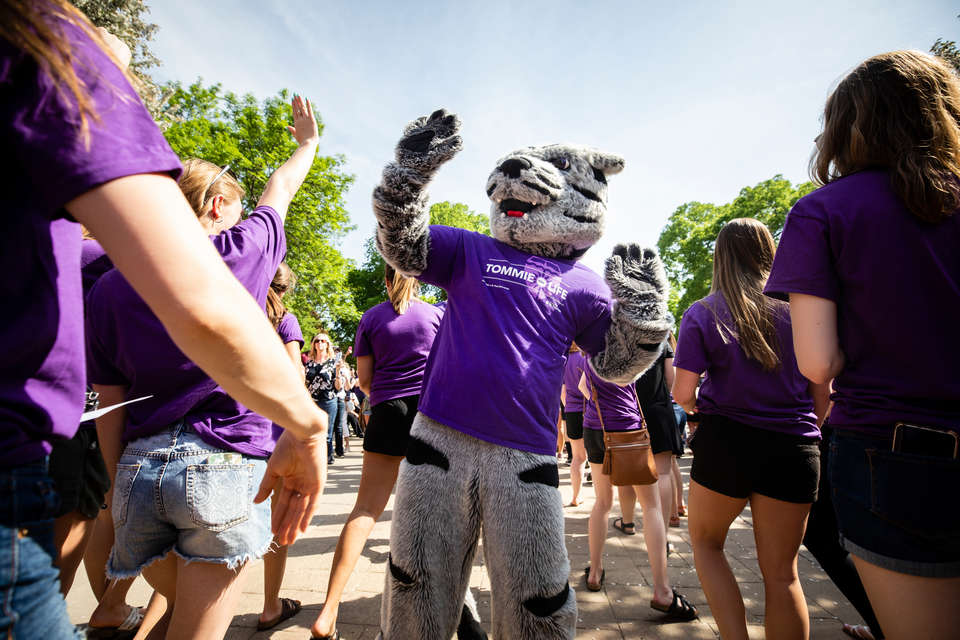Hans Gustafson, professor of theology and director of the Jay Phillips Center at the University of St. Thomas, recently weighed in on a story from CNN about the predicted decline of Christianity, new hope for the church, and the enduring prominence of faith and spirituality in America.
From the story:
As millions of Americans celebrate the holiest day in the Christian calendar on Sunday, most will hear some variation of this Easter message – finding new life in unforeseen places.
But that message could also describe a surprising prediction about the future of Christianity in the U.S.
For years, church leaders and commentators have warned that Christianity is dying in America. They say the American church is poised to follow the path of churches in Western Europe: soaring Gothic cathedrals with empty pews, shuttered church buildings converted into skate parks and nightclubs, and a secularized society where one theologian said Christianity as a norm is “probably gone for good – or at least for the next 100 years.”
Yet when CNN asked some of the nation’s top religion scholars and historians recently about the future of Christianity in the U.S., they had a different message.
They said the American church is poised to find new life for one major reason: Waves of Christians are migrating to the U.S.
And they said the biggest challenge to Christianity’s future in America is not declining numbers, but the church’s ability to adapt to this migration ...
Even the rise of the “nones,” the growing number of Americans who say they don’t care about religion, is not as much of a threat to the church as initial reports suggest, scholars say.
A growing number of Americans may no longer identify as Christian, but many still care about spirituality, says Hans Gustafson, author of Everyday Wisdom: Interreligious Studies for a Pluralistic World.
“Just because more Americans are disaffiliating with institutionalized religion – most notably Christian traditions – this does not always mean that people are becoming less religious,” says Gustafson, director of the Jay Phillips Center for Interreligious Studies at the University of St. Thomas in Minnesota.
“Many still practice spirituality: prayer, meditation … and sometimes even regularly attend religious houses of worship,” he says.
Among Americans with no religious affiliation, some still pray daily and say religion is very important in their lives, Gustafson says.
He cites a surprising finding from a 2018 Pew Research Center study of religion in Western Europe. The study found that nones in the U.S. are “much more likely” to pray and believe in God than their European counterparts, said Neha Sahgal, a vice president of research at Pew.






